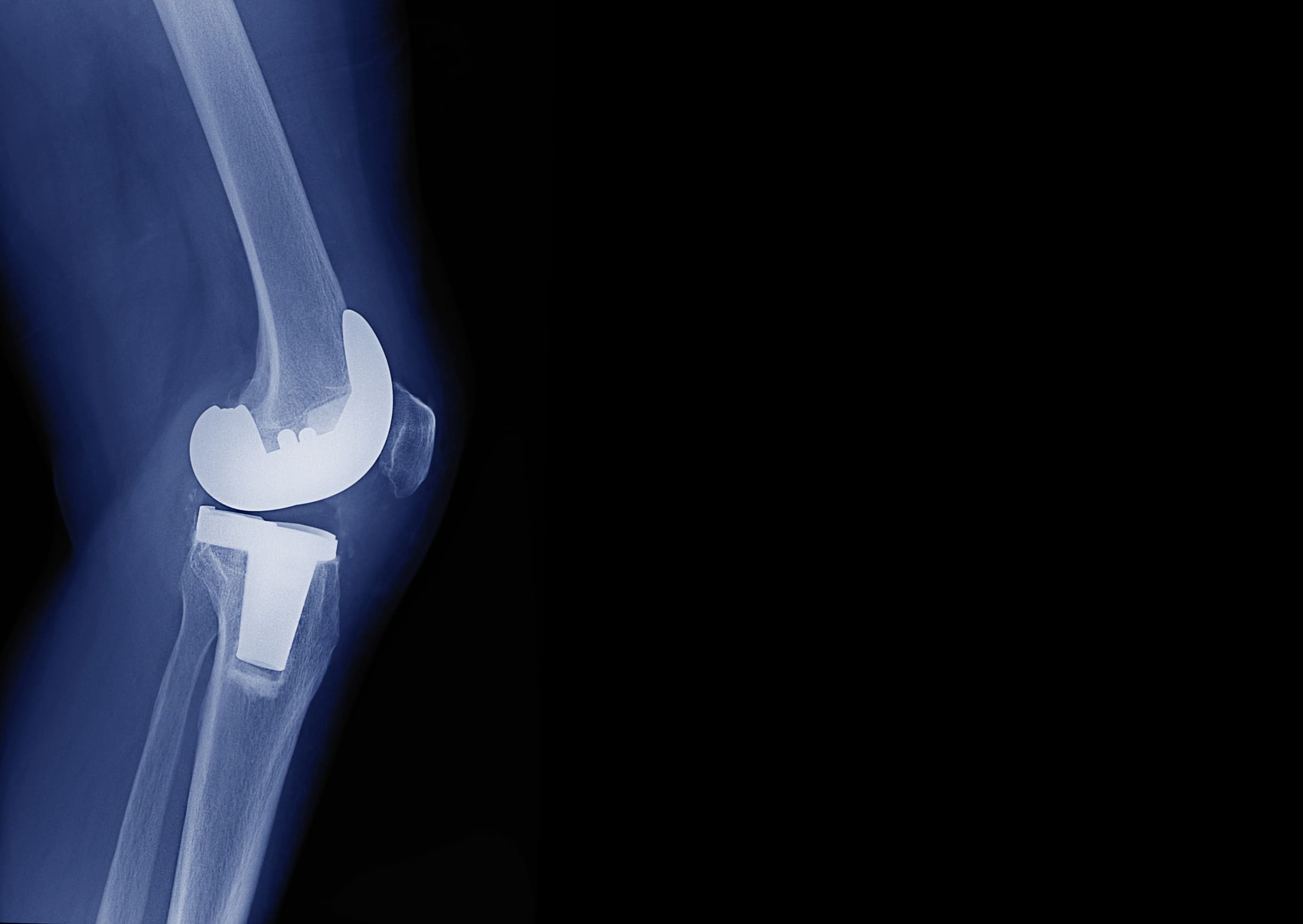As we age, many of our hard-working joints start to wear out and may need to be replaced. Two common joints where replacements are needed are the knees and the hips, restoring function and mobility and give people in pain a new lease of life. But for all the good artificial joints do, they can sometimes wear out themselves or need to be removed.
Asking how long your replacement will last is a common question before surgery, but there’s never really been a clear answer. Now a new review of the evidence has come up with some hard figures.
British researchers used two main sources to work out the average time knee and hip replacements last. The first were case series – those are reports in the medical journals about the longevity of replacements. The other, better quality sources were joint registries set up in many countries around the world where surgeons enter information about every joint replacement they do, the device they put in, and the outcomes.
In Australia, we’re lucky to have had such a registry running for several decades – the National Joint Replacement Registry. Pooling all of this information, the researchers were able to see the average ‘life span’ of devices.
Surgeons were surprised to find that total knee replacements usually last for more than 25 years.
They found that with hip replacements, about six in 10 will last longer than 25 years. For knee replacements it’s a little more complex – with total knee replacements, 82% will last for more than 25 years.
The other type of knee replacement is a unicondylar knee replacement, or partial replacement, which doesn’t last quite as long – about seven in 10 will last for more than 25 years.
The authors of the paper say those are pretty good odds – and because the data are historical, modern developments in knee and hip replacements mean that people receiving replacements today may be better off than those who got them 10 or 20 years ago.
Implications
Replacements fail for any number of reasons – infection can set in, parts can loosen or succumb to wear and tear, or pain may require the device to come out so a surgeon can investigate what’s going on. But these numbers may be heartening for those with new knees or hips – you’ve a pretty good chance of the replacement lasting for a quarter of a century.

